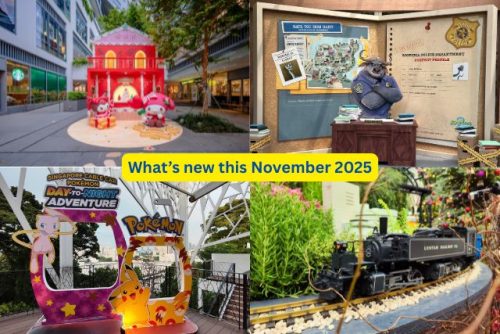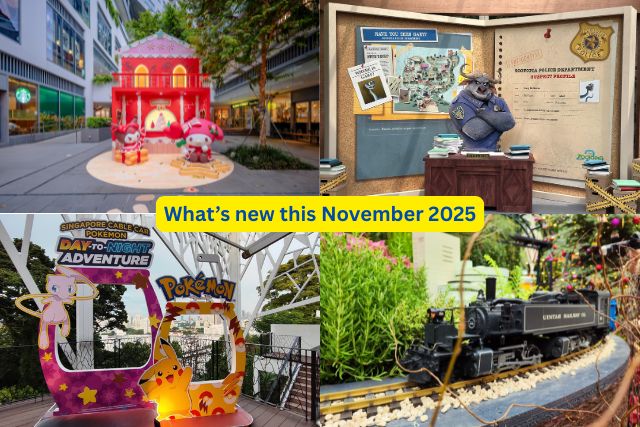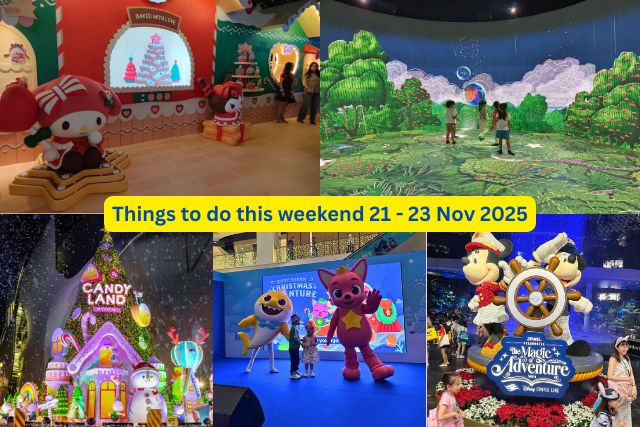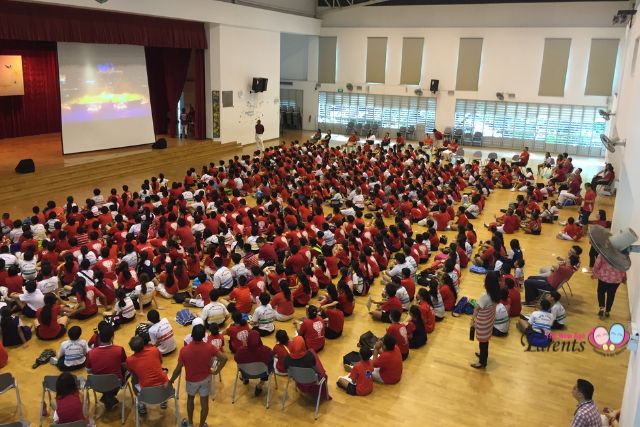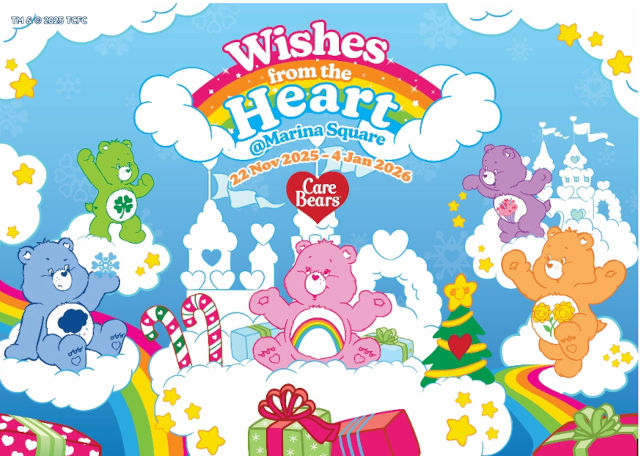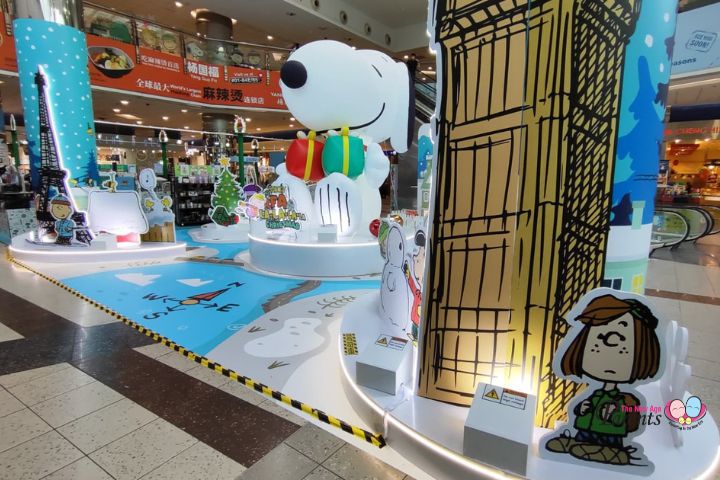Throughout the process of growing up, your child may be faced with many emotions that he cannot interpret, and relationships that he is learning to maintain. The first social experience that he will have is the relationship with his parents. This relationship will form the basis for his future relationships, and will determine how he maintains those relationships. As he approaches 16 – 18 months, he develops stranger anxiety as he starts being able to discern between his caregivers and strangers. This phase can last up to a year, until the child is able to understand that despite his caregivers leaving, they will come back to him.
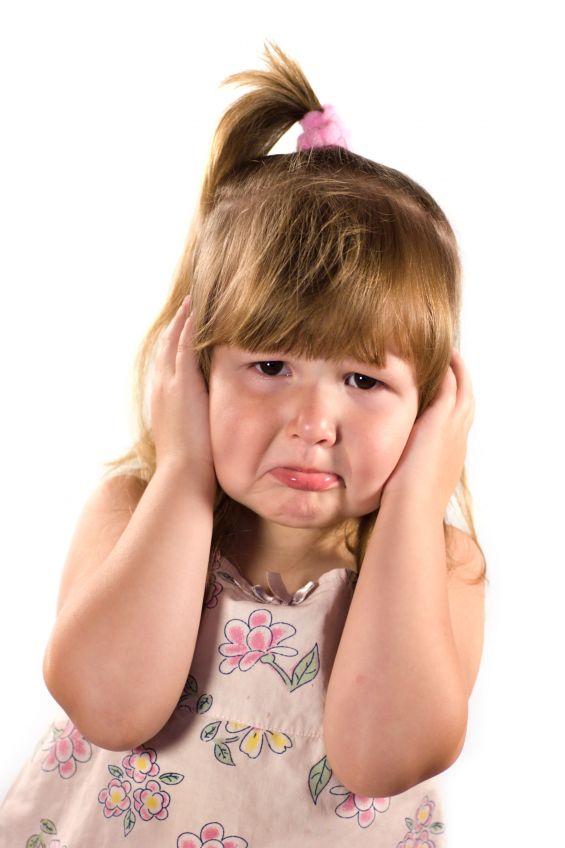
When handling children, we need to be extremely careful. As they are still very young and are learning to express themselves, they may sometimes end up throwing temper tantrums, which can frustrate parents a lot. One way that you can help your child is to talk to them and help them interpret the emotion that they are feeling. For example, if your child is crying and is yelling, talk to him in a soft voice and say, “I see that you are feeling really upset. Will you like to let me know what happened so that I can help make it better for you?” This reflects respect for the child and you can also help your child to understand about his own emotions better.
Albert Bandura came up with the social learning theory, which supports that children do not learn things just through external reinforcement, but also through intrinsic reinforcements. They need to have a sense of pride in what they do, and that will lead to learning. Observation and imitation are also some ways that they can learn when they interact with other people. In this case, encourage your child to build relationships with their peers and adults. Empathy can develop in your child from as young as 18 months. Model the correct behavior that they should treat their friends, and your child will gradually pick up these skills from you.
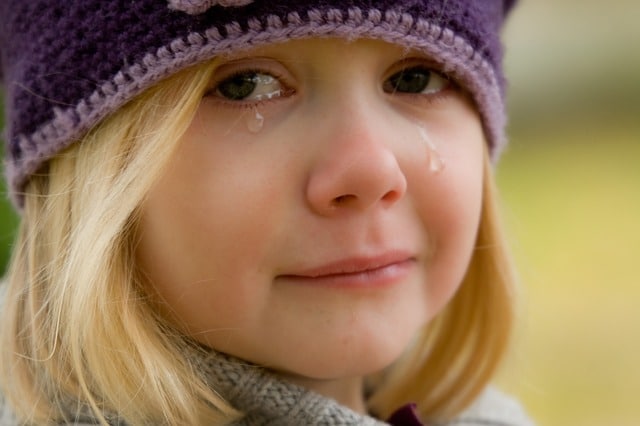
As your child starts to understand about his emotions, he will also start to be better at taking other people’s perspectives and what their limits are. Be sure to explain to your child about what are the appropriate behaviors they should have with others, so that they can build better relationships.
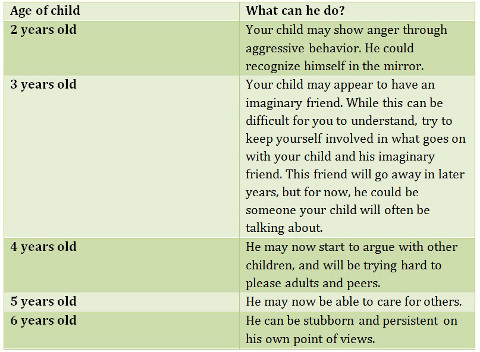
Note: Developmental milestones act as a guideline for parents and early childhood professionals to gauge children’s growth at different ages. These milestones should be followed with care, as they may vary according to each child’s culture, abilities and exposure. Children may sometimes take a longer time to reach certain milestones, as they require more time to refine their current skills. However, if a child seems to be lacking in several areas and parents do notice that the child is facing difficulties in several aspects, it may be beneficial if a pediatrician or professional’s advice is sought.
Written by Pei Lin
If you find this article useful, do click Like and Share at the bottom of the post, thank you.
Want more comprehensive info? Read our pregnancy e-guides here.





















